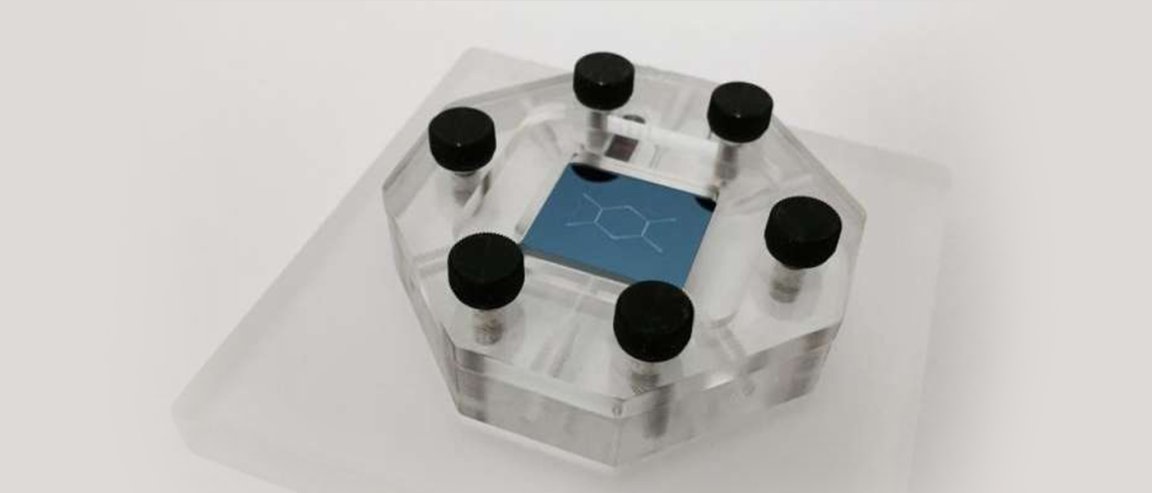
Lab-on-a-Chip
Lately, medical technology developments have not only been about making machines better– but also making them smaller. From health monitoring apps in smartphones to DIY health tests, the future is all about making the lab fit on the palm of your hand.
Which is something IBM took quite literally. IBM has partnered with the Icahn School of Medicine at Mount Sinai to develop lab-on-a-chip technology, which will allow previously lab-based tests to be done on a single chip.

In the study, published in Nature Nanotechnology, the research team successfully showed size-based separation of bioparticles down to 20 nanometers in diameter. This would allow the separation of DNA, viruses, and exosomes. Previous technologies could only separate objects 50 times larger, such as circulating tumor cells.
The particular target of the technology is preventive medicine, detecting tell-tale signs of cancer years before symptoms manifest.
Separation station
The team is particularly excited about the separation of exosomes. Exosomes are small vesicles that can be found in almost all bodily fluids. They can tell scientists a lot about their parent cell, including what proteins are being synthesized within the cell, and may even carry DNA fragments or RNA molecules.
This is why exosomes are being considered as important biomarkers in detecting cancer and its progress. By studying exosomes, doctors can essentially ‘eavesdrop’ on the messages that cells are sending to each other and monitor body processes.
The new lab-on-chip technology will allow doctors to perform non-invasive ‘liquid biopsies’ to gather enough exosomes for study. The previous method involved taking blood samples, but since exosomes are also present in saliva and urine, testing and sampling can be faster and less invasive.
Future improvements include separation of smaller particles and clinical-grade devices.